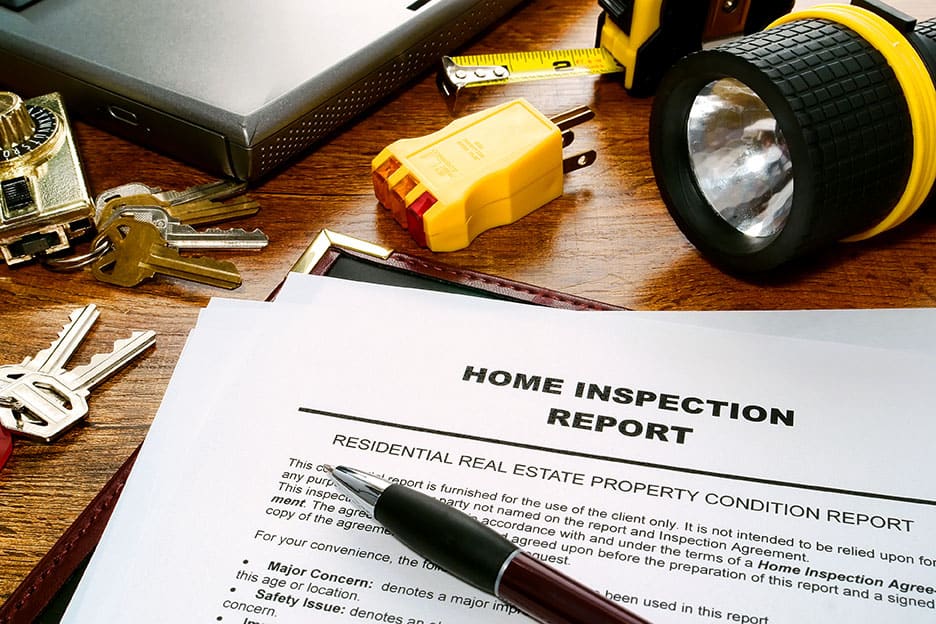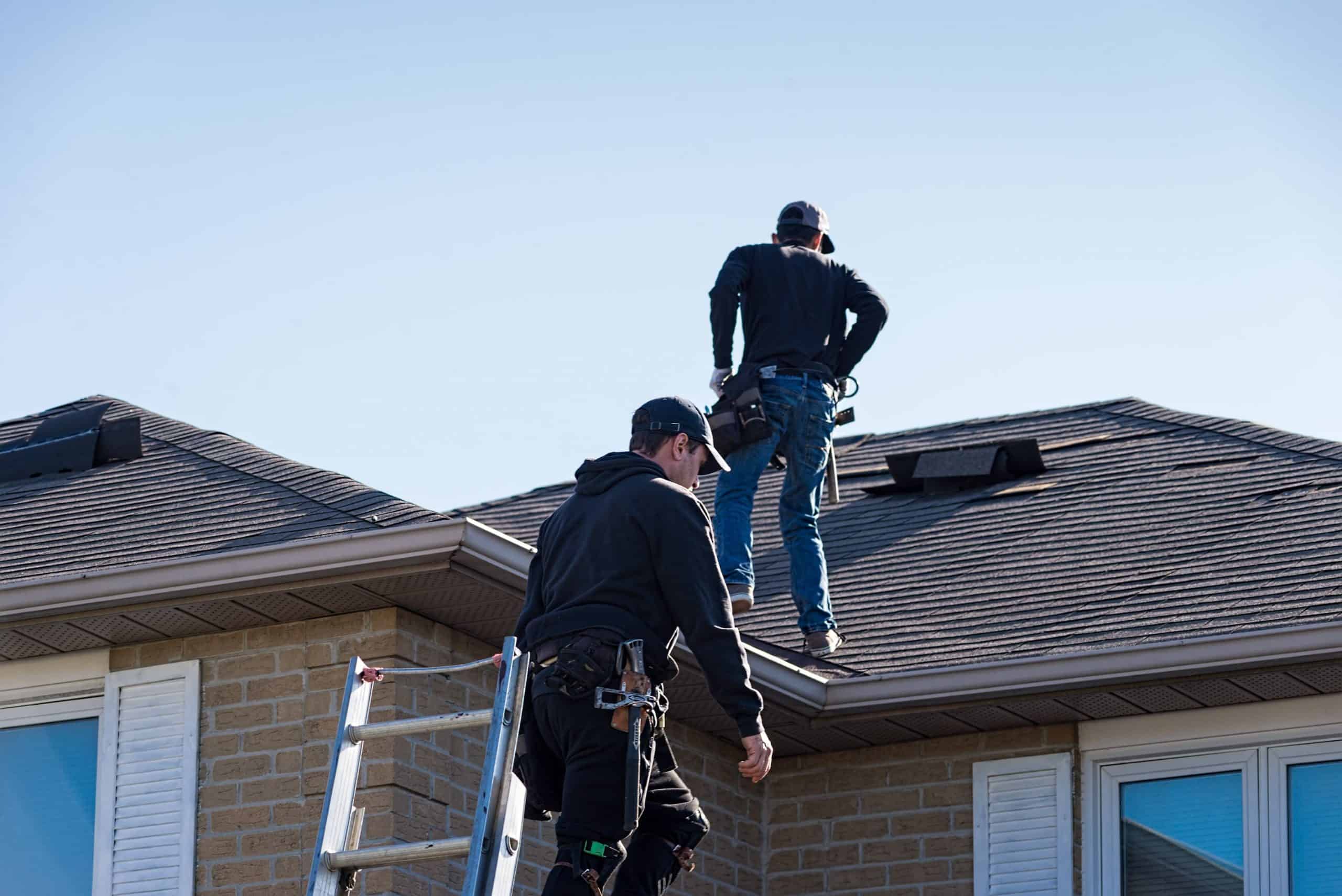Congratulations on completing your home inspection! Now it’s time to unravel the mysteries of the home inspection report. This comprehensive document holds the key to understanding the condition of your potential new home. By deciphering the report, you can make informed decisions, prioritize repairs, and ensure a smooth homeownership journey. Let’s dive in and uncover the secrets within!
Structural Insights:
The home inspection report provides crucial information about the structural integrity of the property. It will identify any visible issues such as foundation cracks, signs of water damage, or structural abnormalities. Understanding these insights allows you to evaluate the overall stability of the house and address any necessary repairs promptly.
System Assessments:
From plumbing to electrical systems, the report delves into the functionality and safety of critical home systems. It highlights any observed defects or concerns, such as outdated wiring or plumbing leaks. By grasping these assessments, you can plan for necessary updates, repairs, or potential negotiations with the seller.
Roof and Exterior Evaluation:
The condition of the roof and exterior components is a significant aspect covered in the report. It outlines the age, condition, and potential issues with the roof, siding, gutters, and more. Understanding these findings enables you to assess future maintenance needs and budget accordingly.
Interior Discoveries:
The inspection report sheds light on the interior spaces of the home. It may include observations on walls, ceilings, floors, windows, and doors. By understanding these discoveries, you can evaluate the overall condition of the interior and address any visible concerns or potential hidden issues.
Recommendations for Repairs and Maintenance:
One of the most valuable aspects of the home inspection report is the recommendations section. It highlights areas that require attention, whether for immediate repairs or ongoing maintenance. Prioritizing these recommendations ensures a safer and more comfortable living environment.
Conclusion:
The home inspection report is a treasure trove of information for homebuyers. By understanding its contents, you gain insight into the property’s condition and can plan for future maintenance or repairs. Use this report as your guide to making informed decisions and negotiating with confidence. Remember, knowledge is power when it comes to homeownership!




